Sweating is a process of holding fruit postharvest in storage conditions that allow the apples to soften and ripen in preparation for cidermaking. The difference between sweating and simply storing apples, explains Spencer Morris of Sowams Cider Works Company in Warren, Rhode Island, is that with storage, “you try and keep the stuff from going bad. Sweating, you sort of allow it to ease its way toward decomposition.” This means there will be some inevitable fruit loss, but the end results are worth it.
During the sweating process, the apple undergoes water loss via evaporation, which means the juice that remains is even more concentrated. Simultaneously, residual apple starches turn to sugar, increasing the juice’s brix — or sugar content. As the cell structure of the fruit breaks down, the apple softens, allowing for more and better juice extraction. In this way, sweating apples can improve the flavor and help control the sweetness and alcohol levels of the final cider.
Ideal apple type, storage timing and conditions for sweating can vary, Morris explains. Late-ripening, storage-capable apples typically make the best prospects for sweating. The fruit is typically kept in relatively cool temperatures, either at an ambient outdoor temperature, or even refrigerated around 38 degrees Fahrenheit. Fruit is usually kept out of direct sunlight and good airflow is key — apples can be collected in airy containers or piled, for example. The process typically takes about a month, but length of sweating time can range depending on the varietal and storage conditions. “You gotta keep an eye on the stuff,” Morris cautions. His process is very hands-on, including culling any of the no longer viable fruit three or four times before he determines the batch has hit its literal sweet spot for cidermaking.
Sweated apples can have a slightly wrinkled or greasy look, and are typically aromatic. Morris cultivates over 70 different apple types and takes notes about how each kind responds to the process. Through years of experience, he’s learned which are best pressed fresh, stored, or sweated, and at what conditions for how long. His penchant for making single-varietal ciders means that tasting room visitors can sample the unique result of individual varieties of sweated fruit — try examples like Newtown Pippin or Winesap cider to taste and see for yourself.

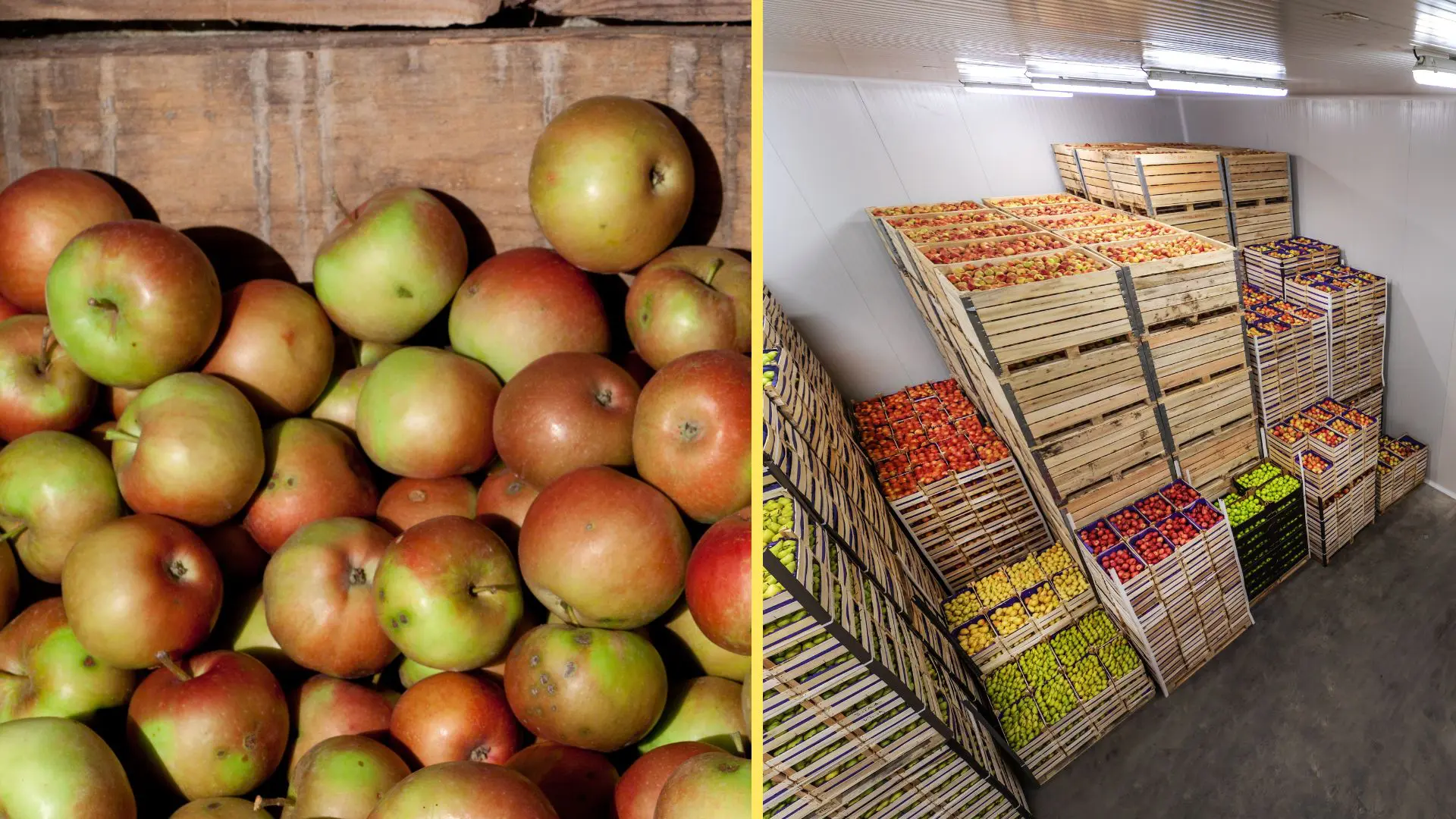
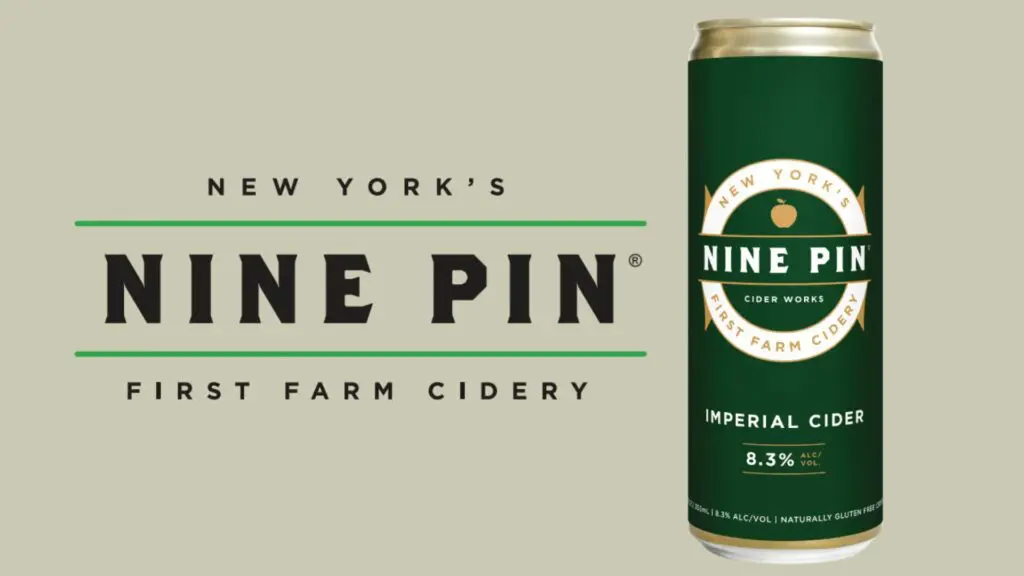

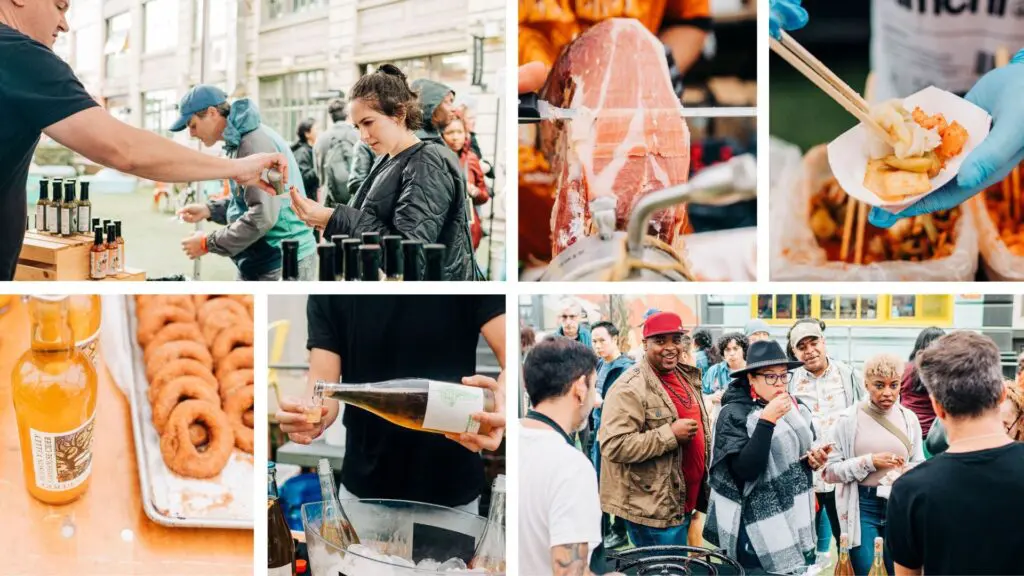
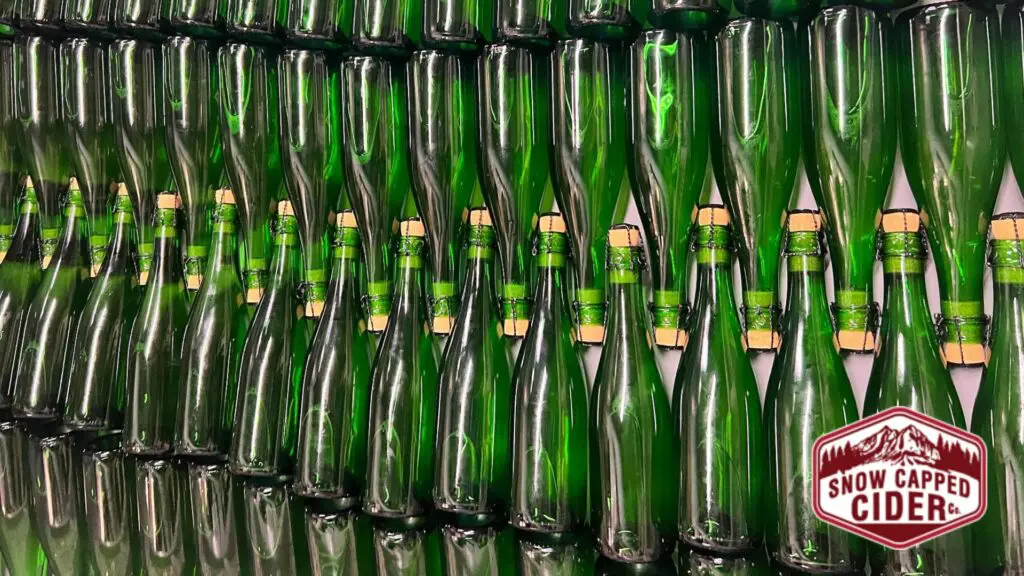
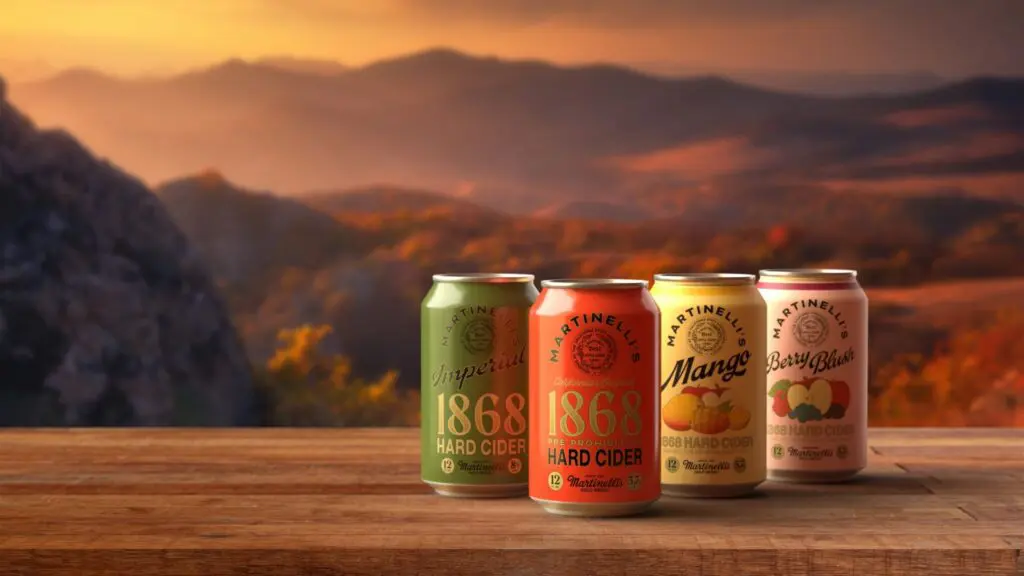
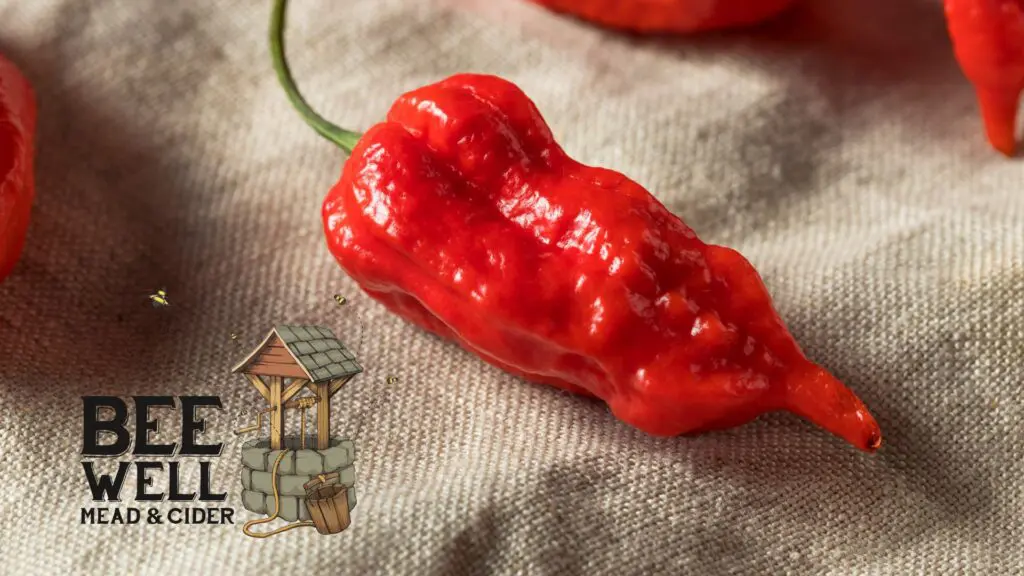
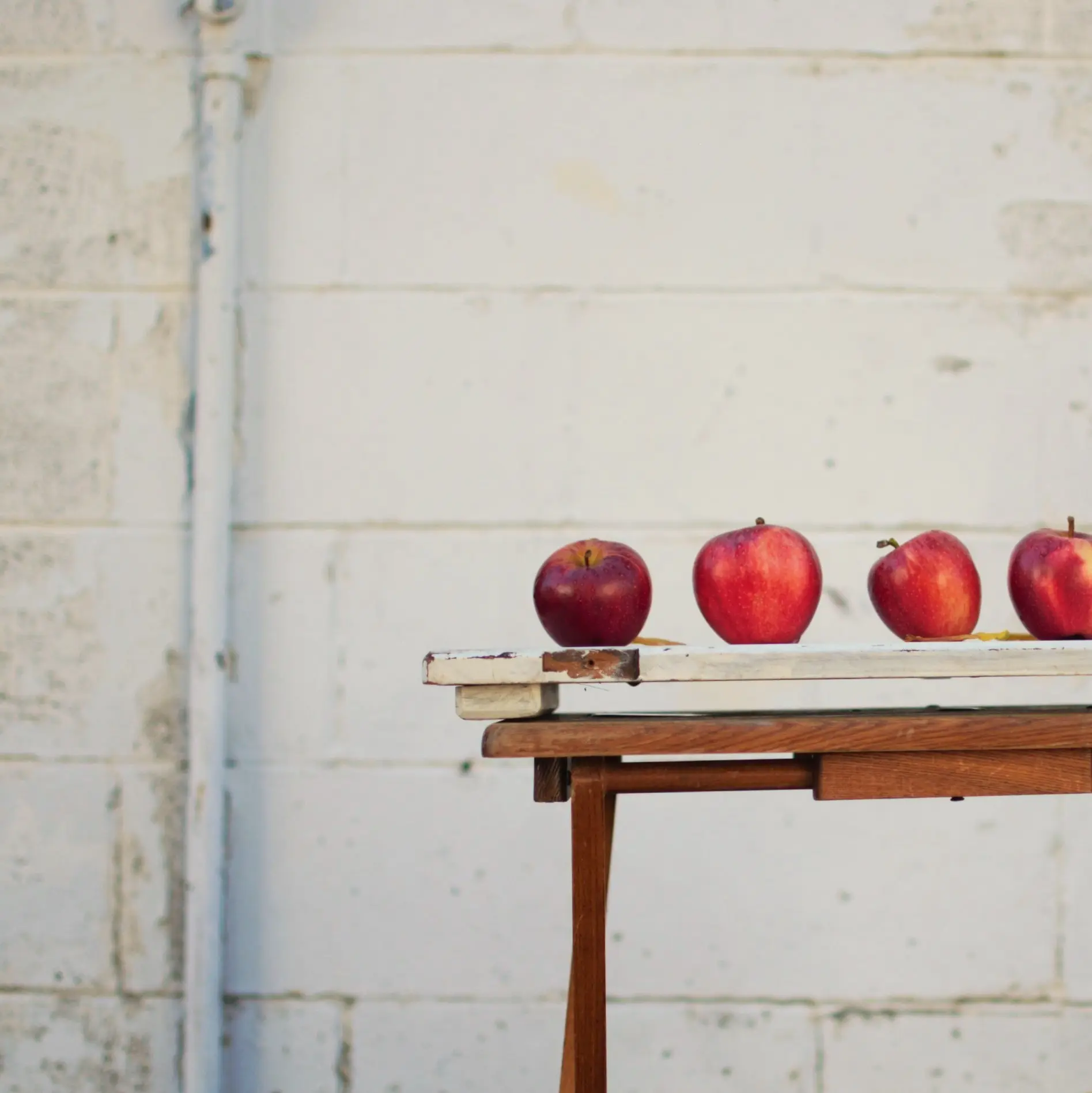




 Looking for the perfect w
Looking for the perfect w






